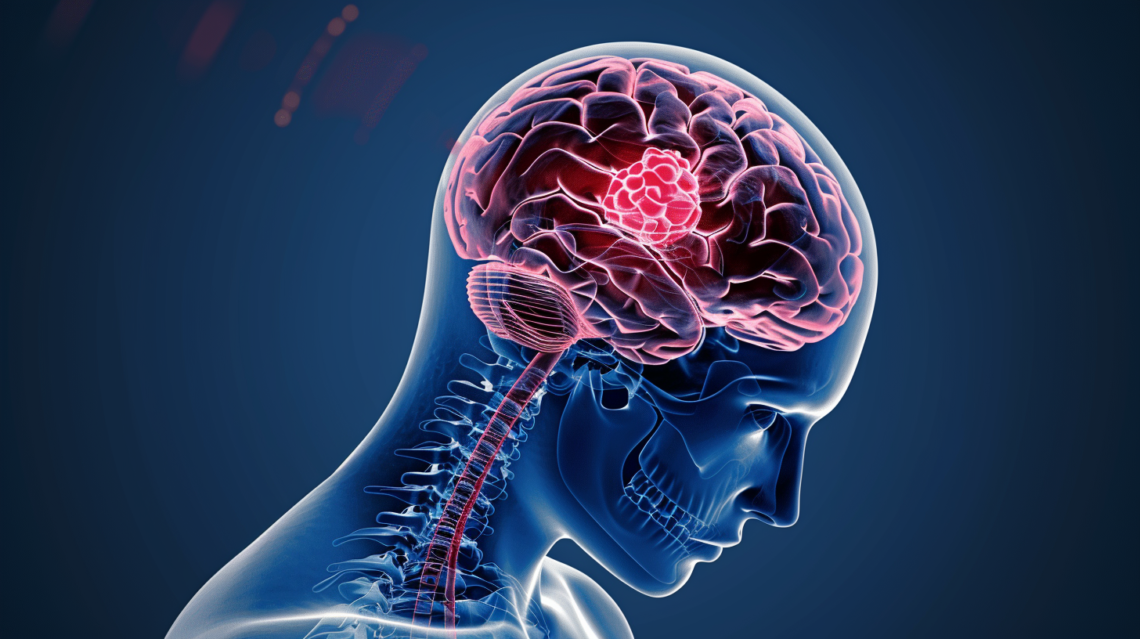Health
-
Spondyloarthritis
Spondyloarthritis (SpA) is a complex and chronic inflammatory condition that can significantly impact your quality of life. As a physician, it’s essential for me to break down this condition into digestible pieces so that you, as a patient, can understand what you’re dealing with and how to manage it effectively. At its core, SpA refers to a cluster of chronic inflammatory diseases that share common features, both clinically and genetically. These conditions typically manifest with pain and stiffness primarily affecting the back but can also involve other areas of the body, such as the knees, hips, eyes, skin, and gastrointestinal tract. Central to understanding SpA is recognizing its immune-mediated nature.…
-
Skin Cancer: Types and Prevention
In Canada, each year sees the diagnosis of approximately 80,000 cases of skin cancer, a staggering figure that underscores the necessity of public awareness, particularly as we approach the summer months. The heightened exposure to the sun’s ultraviolet rays during this season significantly increases the risks associated with skin damage and subsequent cancerous conditions. It is crucial, therefore, to understand the different types of skin cancers that one might encounter, which include: Actinic Keratosis Basal Cell Carcinoma Squamous Cell Carcinoma Malignant Melanoma Each type of skin cancer comes with its own set of causes, affected areas, and warning signs. Actinic Keratosis, primarily caused by chronic exposure to ultraviolet radiation, frequently…
-
Brain Tumour Awareness Month
In Canada, the month of May is recognized as Brain Tumour Awareness Month, a significant period dedicated to enhancing public understanding of brain tumours, advancing research, and providing support to those affected by this challenging condition. There is a concerted effort, encapsulated in the campaign #TurnMayGrey, aimed at raising awareness for brain tumours. This initiative seeks to unite Canadians, encouraging them to collectively raise their voices and foster positive changes that could lead to more effective treatments and, ultimately, a cure. For those diagnosed with a brain tumour, the experience can be profoundly different from one person to the next. The symptoms that may present can vary greatly and influence…
-
Food’s Impact on the Brain
In order to stay as healthy as we can, we need to ensure that we’re always making healthy choices and be conscious of how we treat our bodies from both a mental and physical standpoint. This can mean doing things like getting regular exercise, getting adequate amounts of sleep each night, avoiding bad habits (such as smoking tobacco or drinking alcohol in excess), as well as having a diet that is rich in essential nutrients – including vitamins and minerals, proteins, healthy carbohydrates and fats, and water. Eating well is fundamental for our overall health and wellbeing, as the healthier foods we eat, the less likely we are to develop…
-
Vitamin C: A Key Player in Immunity and Beyond
Vitamin C is often the go-to vitamin for people suffering from a common cold or flu. But does it actually stop illness all together? The short answer is no. While Vitamin C can’t stop a cold in its tracks, it can shorten the symptoms of a common cold, the duration, as well as decrease the frequency in which you get colds – but only if you consume Vitamin C on a regular basis. Think of it as an immune booster rather than a cure. Common colds aren’t all Vitamin C is good for, however. It’s also beneficial for the growth and repair of skin, bones, teeth and other tissue, can…
-
Decaf Coffee: Exploring Its Benefits
Caffeine, a natural stimulant that is found in coffee, tea, and certain soft drinks, is known for its ability to enhance alertness and provide a temporary boost in energy. However, despite its benefits, caffeine can also pose several risks, particularly to those with certain medical conditions or sensitivities. This has led some individuals to make the switch to decaffeinated coffee as a viable alternative that retains the flavour and ritual of coffee drinking, but without the associated risks of caffeine. One of the primary health reasons for switching to decaffeinated coffee is the management of cardiovascular conditions. Caffeine has been shown to cause an increase in heart rate and blood…
-
Magnesium’s Powerful Health Benefits
In order to achieve optimal health, the body needs minerals. One of the most important minerals that you can give the body is a macro-mineral known as magnesium. Unlike trace minerals (such as iron and zinc) which are only required in smaller amounts, macro-minerals like magnesium are required in larger doses. Unfortunately, more than 60% of individuals get less than the required daily dose of magnesium. While much of the minerals that our bodies need can be obtained from the foods we eat, there are also instances where you may need to take a mineral supplement – especially if you are mineral-deficient. Below is a more in-depth look at magnesium,…
-
What Your Nails Say About Your Health
Your fingernails can offer a remarkably vivid glimpse into the state of your overall health. Beyond their role in beauty, these keratinous coverings serve as vital indicators that can signal various health conditions—ranging from minor nutritional deficiencies, to potentially serious diseases. The Diagnostic Potential of Nail Colour The colouration of your nails can be a powerful diagnostic tool, providing clear indicators of your physiological wellbeing. Pale nails, for example, might not just signify a need for more iron in your diet but could be alarming beacons pointing towards conditions such as anaemia, malnutrition, congestive heart failure, or even liver disease. Similarly, the emergence of white nails could indicate liver complications…
-
What is Hemophilia?
Hemophilia is a genetic disorder that impairs the body’s ability to make blood clots, a critical process required to stop bleeding; this means that even a minor injury can lead to serious health issues due to prolonged bleeding. Understanding the complexities of Hemophilia is crucial for both medical professionals and the general public to better support those affected by this challenging condition. Hemophilia manifests primarily in two forms: Hemophilia A, which is the more common type and is due to the deficiency of clotting Factor VIII, affects fewer than 1 in 10,000 individuals or about 2,500 Canadians; Hemophilia B, caused by the deficiency of Factor IX, affects approximately 1 in…
-
Managing Migraines During Pregnancy
Migraines, characterized by intense and debilitating headaches often accompanied by nausea, vomiting, and sensitivity to light and sound, can pose a significant challenge for pregnant women. During pregnancy, the body undergoes a myriad of hormonal and physiological changes which can trigger migraines or exacerbate their frequency and severity. However, the management of migraines during this period is complicated by the paramount need to ensure both maternal and fetal safety, limiting the use of many conventional migraine medications. Hormonal Fluctuations and Their Implications on Migraines The primary drivers behind migraines during pregnancy are hormonal changes. The surge in hormones like oestrogen and progesterone, which are critical for maintaining pregnancy, can affect…









